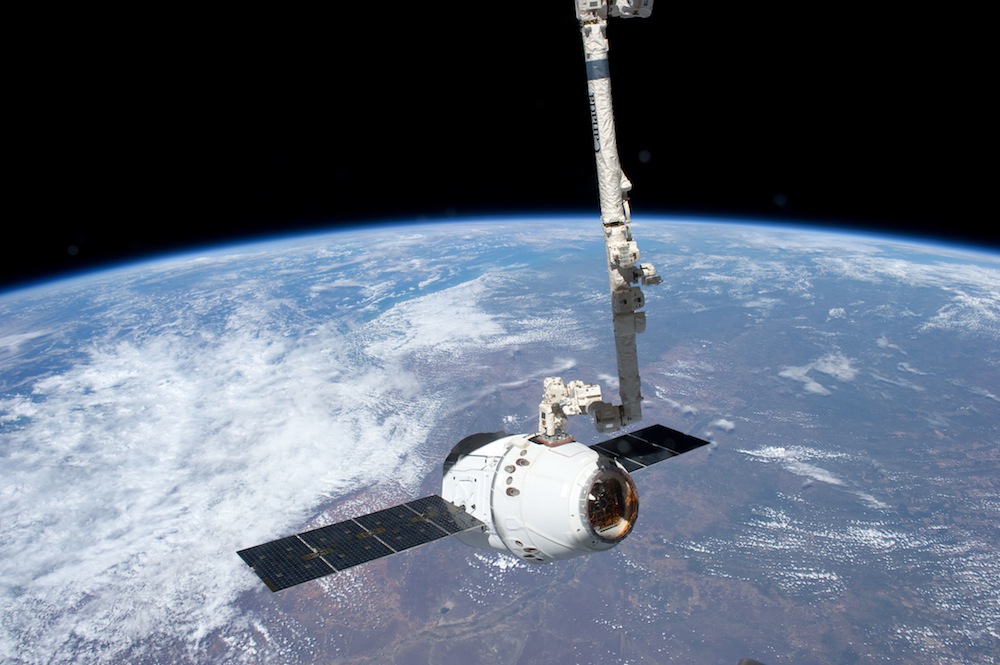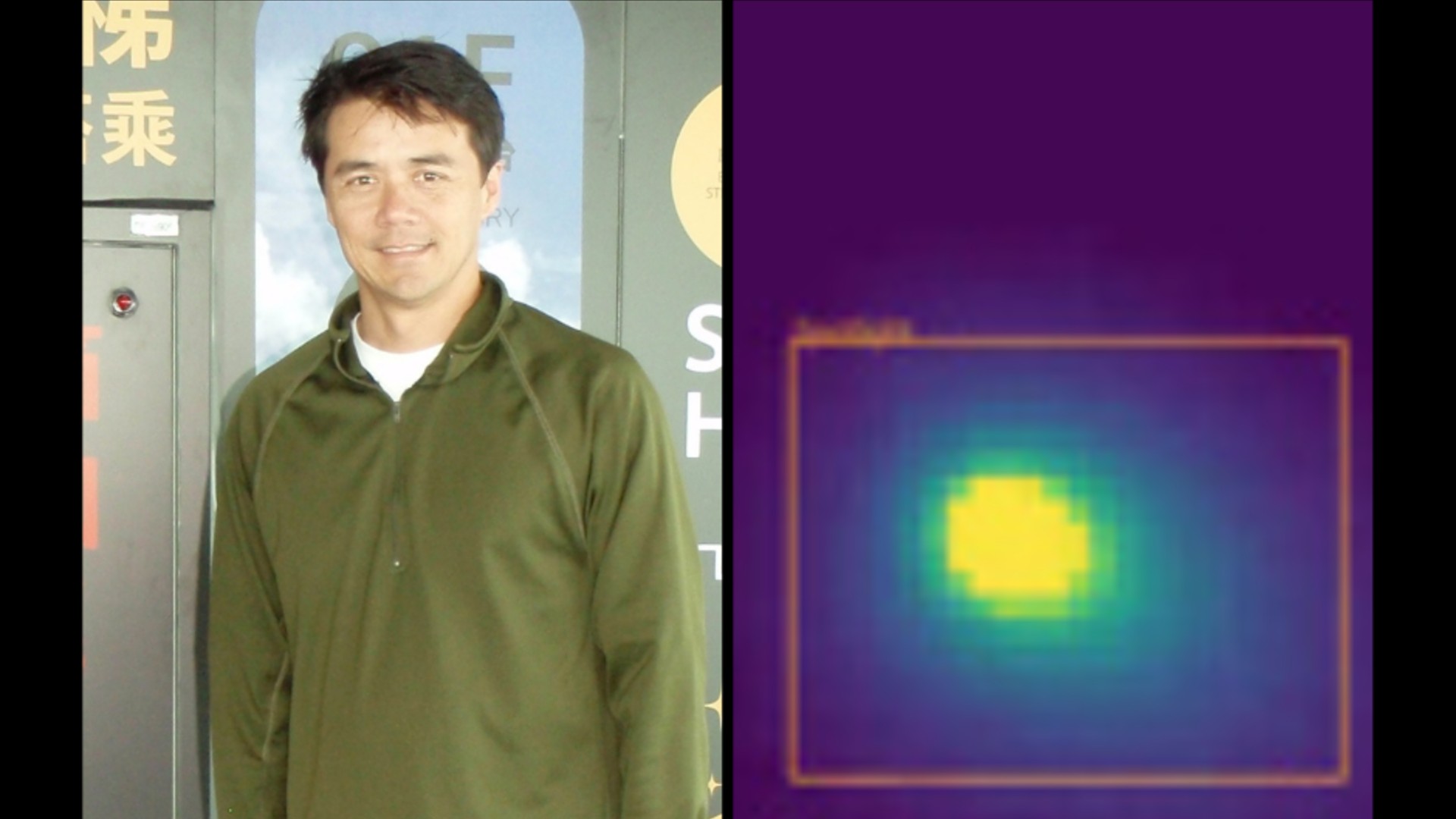Space Station Science Experiment Blunder Blamed on Flawed Training

SAN FRANCISCO — NanoRacks LLC said July 13 that an internal investigation determined that some student-designed experiments delivered to the International Space Station (ISS) in May and returned to Earth in early July were never activated on-orbit due to a flaw in NanoRack's astronaut training procedures. Jeffrey Manber, managing director of the Houston-based company, said in an email that NanoRacks will pay to refly the affected experiments.
The student space experiments in question were fluids housed in Teflon vials, known as MixStix, that were among the cargo Space Exploration Technologies' Dragon spacecraft delivered to the ISS in late May.
Once onboard the space station, an astronaut was supposed to start each experiment by flexing the tube to mix the fluids. When the vials were returned to students via the Russian Soyuz that landed July 1, many researchers determined their experiments were never activated.
"Previous crews were given on the ground review and personal interaction prior to launch," Manber said. "For this mission, the astronaut received hardware training solely via video while on the space station. Clearly, there was a miscommunication resulting from the video instruction."
In the future, NanoRacks plans to change the MixStix instructional video, train astronauts prior to missions if possible and review other NanoRacks videos to make sure future missions are successful, Manber added.
This story was provided by Space News, dedicated to covering all aspects of the space industry.
Breaking space news, the latest updates on rocket launches, skywatching events and more!
Debra Werner is a correspondent for SpaceNews based in San Francisco. She earned a bachelor’s degree in communications from the University of California, Berkeley, and a master’s degree in journalism from Northwestern University. Debra is a recipient of the 1989 Gerald Ford Prize for Distinguished Reporting on National Defense. Her SN Commercial Drive newsletter is sent out on Wednesdays.

